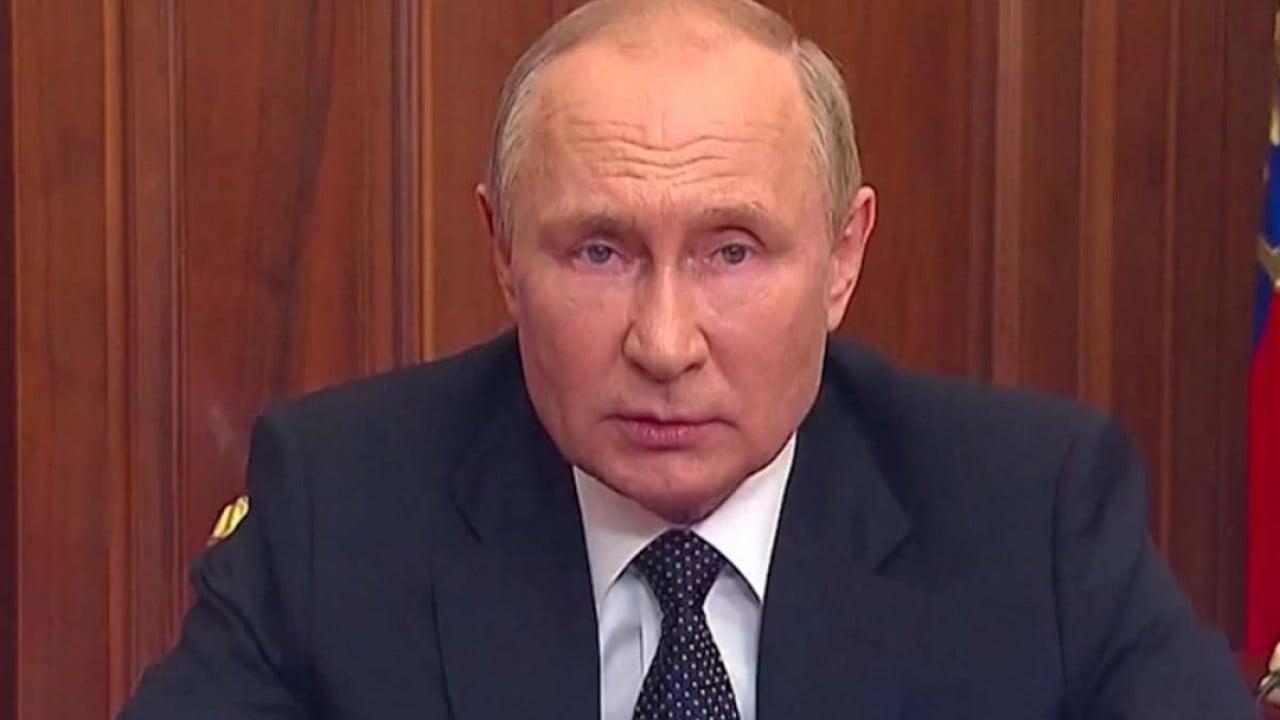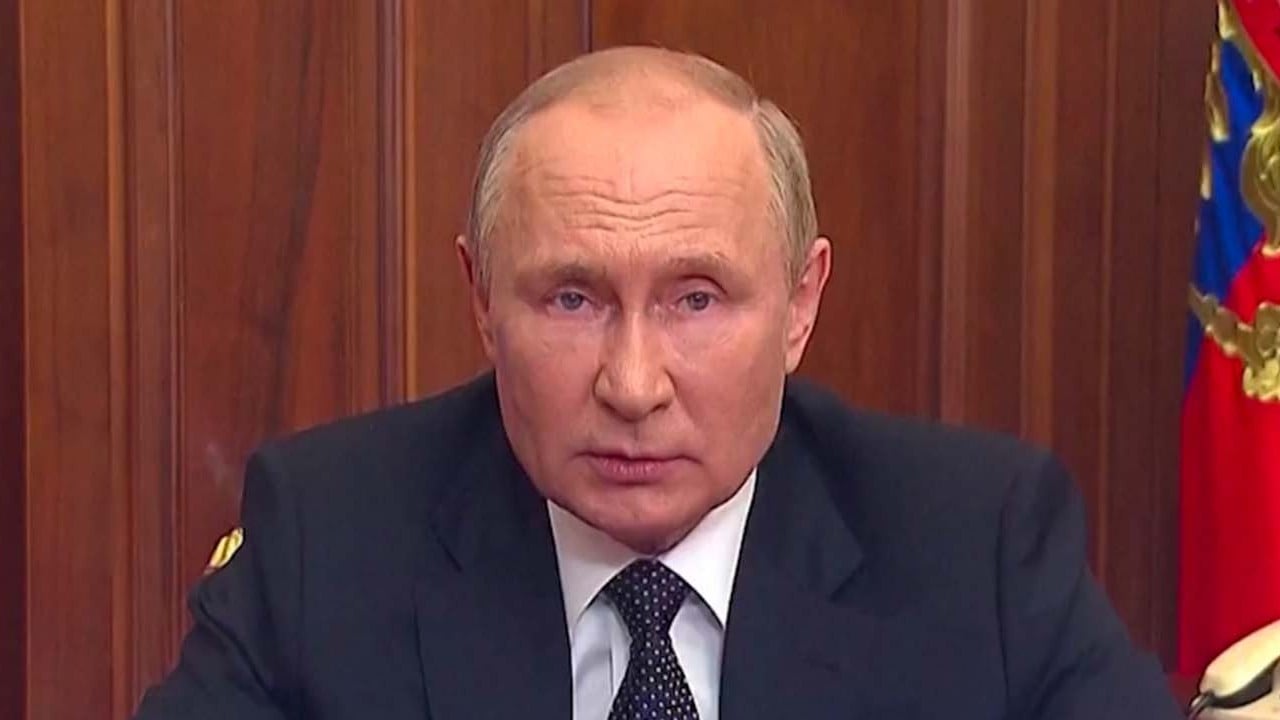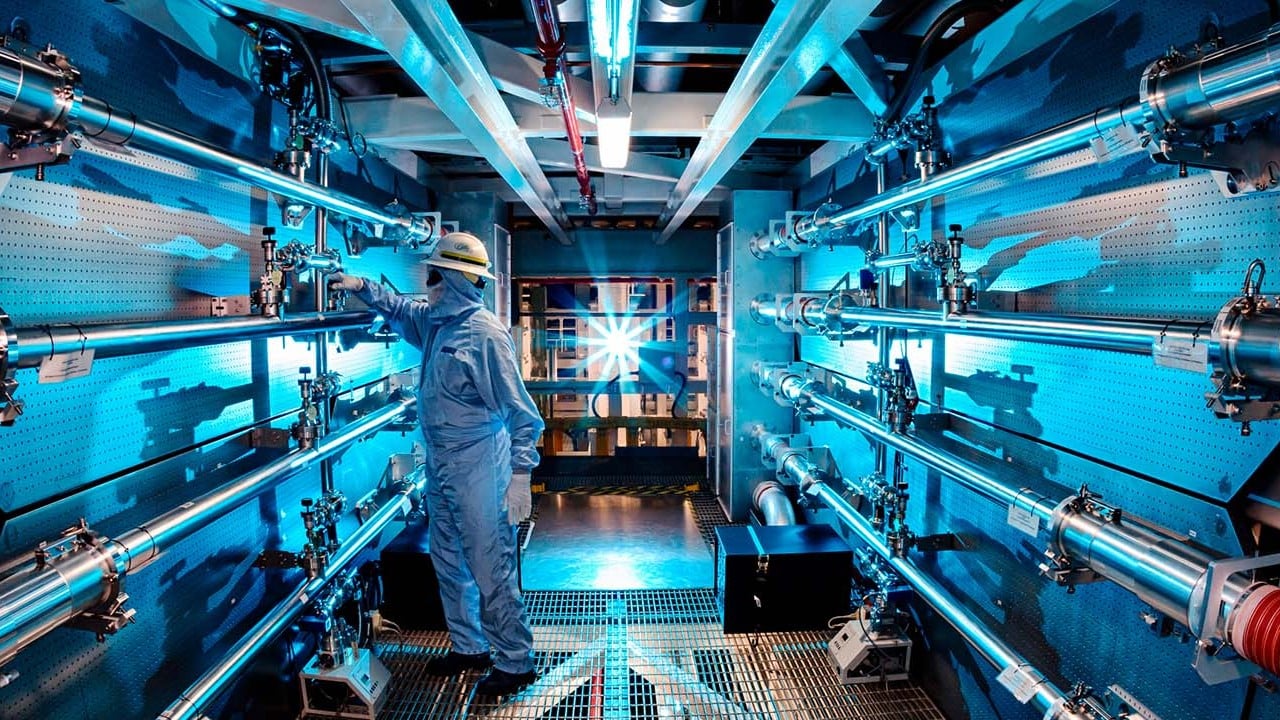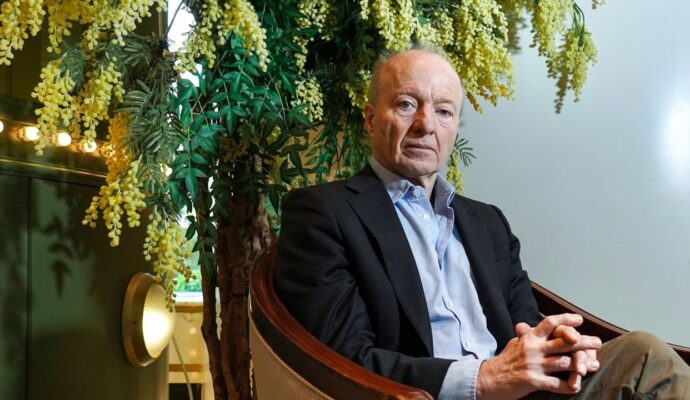
Up to now, great power contestation is contained only by mutual fear of all-out nuclear war. While the outcome is unknown, the lines of that contest are becoming clearer.
Unlike in 1971, when the United States cleverly drew China out of the Soviet camp, the Biden administration is rallying allies through the North Atlantic Treaty Organization, Aukus and the Quad to contain Russia and China as existential threats.
Diplomacy is the art of negotiating through impossible conditions in attempts to seek peace. Today, traditional diplomacy is unrecognisable as the other side is demonised and every instrument is weaponised, such as trade, finance, media and technology.
The old dictum of seeking peace by preparing for war does not mean going all out to provoke each other at every opportunity. That path sacrifices truth, trust and cooperation. Global cooperation is vital to deal with universal threats such as climate change, global inequalities in health and wealth and failing states. Most people prefer peace to cope with their daily needs of food, health, security and jobs.
Four megatrends today are converging towards global conflict. First, climate-related natural disasters such as typhoons, droughts and floods are devastating poor countries that cannot cope with the ensuing internal unrest. Their failures inevitably invite great power intervention.
Second, growing populations in Africa and Latin America will push massive migration outwards, increasing risks of border wars.
Third, the world is splitting into energy blocs. Europe, Japan, China and India are short of energy while the US, Russia and Middle East are in surplus. As the US is today a competitor to Russia and the Middle East in oil and gas supplies, these suppliers might not want to price oil and gas in US dollars. Energy wars are morphing into currency wars.
Fourth, these conflicts are turbocharged by the US-China “chip war”. Defence capacities are increasingly determined by semiconductors, computing power, artificial intelligence, crypto-technology and manufacturing prowess.
In short, we have moved from a volatile, uncertain, complex and ambiguous condition into a chaotic, accidental, fragile and emotional phase where nothing can be taken for granted. Chaos emerges through the shift from unipolar to multipolar order because no one is fully in charge. Accidents matter because in a situation of mistrust, every event becomes reason for suspicion and tit-for-tat, escalating towards conflict.
Fragility in social relations is spreading as democratic governments are fragmented by weak coalitions while autocracies tighten control to enforce their legitimacy. The world is breaking into more and smaller states, with 193 UN members today, four times more than the 51 members in 1945.
In this age of anger and anxiety, wiser heads should steer us towards peace and rationality rather than trying to divert that emotional energy towards war. Unfortunately, few remember UN Secretary General Antonio Guterres’ plea in March 2020 for a global ceasefire to focus on fighting the pandemic: “Now is the time for a new collective push for peace and reconciliation.”
Christmas is a time for peace and goodwill to all, but the voices of those who advocate peace are often drowned by accusations of being appeasers or friends with the devil. Lulled by decades of peace and prosperity, a whole generation of current leaders have forgotten that an estimated 40 to 50 million people died in World War II, on top of about 20 million during World War I.
With little sense of history or costs of war, this generation of leaders is glorifying war as if it is a Hollywood film. In a nuclear World War III, there are no final victories, only negotiated peace after total exhaustion or mutual annihilation.
There is too much belief that there will be victory for the morally right. War will not bring about a new international order because order cannot be domination by one victor but a grand bargain between the many. Democracy in a multipolar world means not universal rules enforced by one state or ideology alone but how we can live with each other, including conflict resolution.
When the path to war is ultimately nuclear annihilation, peace through negotiations, however painful and humiliating for some, is the only chance for coexistence in a diverse world.
Andrew Sheng writes on global issues from an Asian perspective



